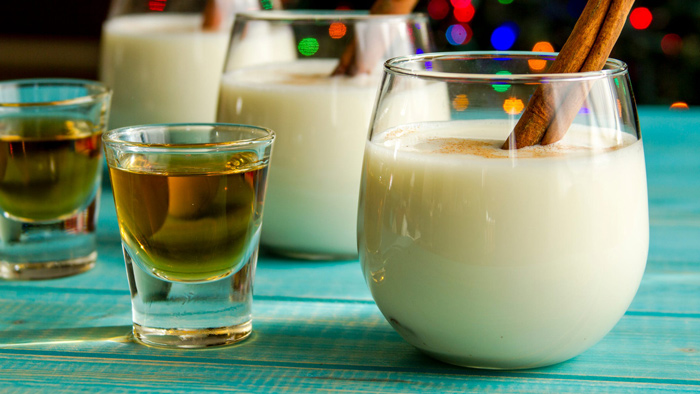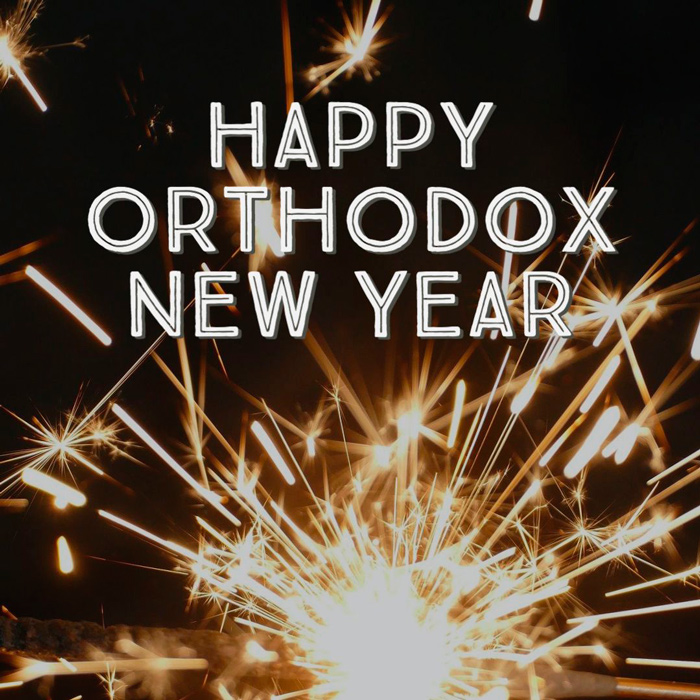Luke’s Day
Every year on February 20, believers honor the memory of the Greek monk Luke of Hellas – the founder of the Osios Lucas monastery Luke’s Day also called “The Mighty”. Perstach, a grass whose leaves resemble a cross, acquired special properties in Luka. It was she who was called “mighty” – as a plant that contains great power. From this word appeared the second name of the holiday, because it was believed that on this day this plant acquires special healing qualities and medicinal decoctions could be prepared from it.
According to traditions Saint Luke (896-953) was a native of Kastoria (Hermionia). He observed strict asceticism in everything that concerned him personally, and always showed generous kindness to those around him. He was known as a spiritual mentor, although he did not have a spiritual rank. At the age of 14, he accepted the life of a monk, and towards the end of his life he settled on the slopes of Mount Helikon, where a community formed around him. Here, together with his followers, Monk Luka built a small monastery, where he engaged in good deeds – he healed the sick from mental and physical torments.
On this day, it was customary to bake pies with onions. Even small children, big sweet tooths, knew that you couldn’t eat everything yourself, but you had to give some of the pies to beggars – for luck. There was a belief that such alms, given with faith and prayer, would return a hundredfold. It was customary to commemorate deceased relatives on Luka. On this occasion, they used to say: “Honor your living parents, remember your dead ones.” On February 20, they visited the graves of loved ones, went to church and prayed for them.





































